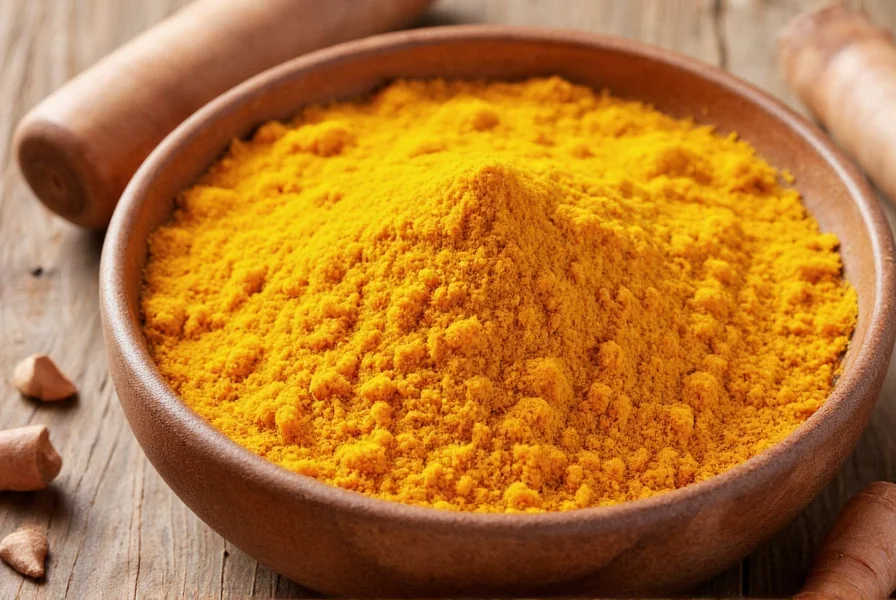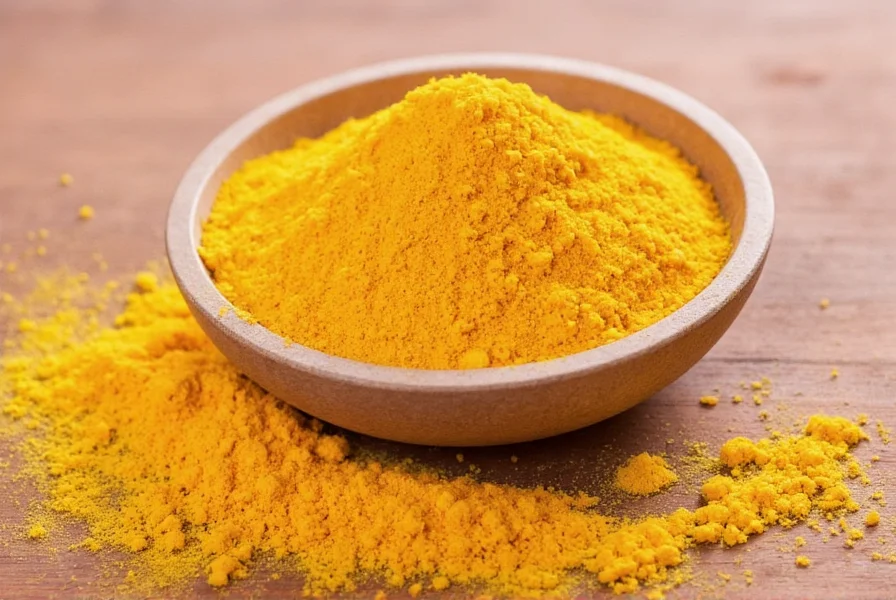Understanding how to pronounce turmeric correctly matters whether you're discussing culinary techniques, health benefits, or simply ordering ingredients at a market. This golden spice has gained tremendous popularity in recent years, making proper pronunciation increasingly relevant in everyday conversations.
Breaking Down Turmeric Pronunciation
Let's examine the word syllable by syllable to ensure you master the correct turmeric pronunciation:
| Syllable | Phonetic Spelling | Sound Description |
|---|---|---|
| Tur | tɜːr | Like "her" but starting with 't' sound |
| MER | mər | Unstressed 'muh' sound with emphasis |
| ik | ɪk | Short 'i' as in 'ick' or 'kick' |
When saying turmeric, the second syllable receives the primary stress: tur-MER-ik. The final syllable should be crisp and short, not drawn out as 'ick' but more like the 'ic' in 'traffic'.
Common Turmeric Pronunciation Mistakes
Even educated speakers frequently mispronounce turmeric. Here are the most common errors and why they happen:
- Too-mer-ik - This mistake occurs because people unfamiliar with the word might assume the 'u' makes a long 'oo' sound like in 'turkey'
- Tur-mare-ik - Some incorrectly elongate the second syllable, adding an 'ay' sound that doesn't exist
- Tur-mir-ik - This variant uses a long 'i' sound instead of the correct short 'i'
- Tumeric (pronounced correctly but spelled incorrectly) - Many drop the second 'r' in writing, though the pronunciation remains the same
The confusion often stems from turmeric's complex etymological journey. Understanding the word's origin helps explain why it's pronounced the way it is.
Why Is Turmeric Pronounced That Way? The Etymology
Turmeric's pronunciation reflects its linguistic history. The word entered English through:
- Arabic: kurkum (meaning saffron or turmeric)
- Medieval Latin: termerica
- Middle English: termerick
Over centuries, the spelling evolved to 'turmeric' while retaining the original pronunciation pattern. The double 'r' in the middle affects how native English speakers naturally emphasize the syllables.

Regional Pronunciation Variations
While tur-MER-ik represents the standard pronunciation in both American and British English, some regional variations exist:
- American English: Often slightly faster with less emphasis on the final syllable
- British English: May feature a more pronounced 'r' sound in the first syllable
- Indian English: Closer to the original Sanskrit 'haridra' with more emphasis on the first syllable
Despite these subtle differences, the tur-MER-ik pattern remains consistent across English dialects. When discussing this popular spice in professional or academic settings, using the standard pronunciation ensures clear communication.
Practical Tips for Remembering Turmeric Pronunciation
Struggling to remember the correct pronunciation? Try these memory techniques:
- Rhyme method: "The chef served tur-MER-ick with a smirk"
- Association: Think of "merit" - tur-MER-it (just change the 't' to 'k')
- Mnemonic: "Turmeric makes everything remarkable" (both share the MER-ik sound)
- Break it down: Practice saying "tur" (like "sir" with a T), "MER" (like "her" without the H), "ik" (like "sick" without the S)
Repeating the word correctly several times creates muscle memory in your speech patterns. Within a few days of conscious practice, saying tur-MER-ik will feel natural.
Turmeric vs. Curcumin: Understanding Related Terms
As you master turmeric pronunciation, you might encounter related terms:
- Curcumin (kɜːrˈkjuːmɪn) - The active compound in turmeric, pronounced kur-kyoo-min
- Curry (ˈkɜːri) - The spice blend that often contains turmeric, pronounced KER-ee
- Saffron (ˈsæfrən) - Another golden spice sometimes confused with turmeric
Knowing these distinctions helps you discuss turmeric knowledgeably. While turmeric gives curry its distinctive yellow color, they're not the same thing - and their pronunciations differ significantly.

Why Proper Pronunciation Matters
Correctly pronouncing turmeric isn't just about linguistic precision. When discussing health topics, culinary techniques, or purchasing ingredients, clear communication prevents misunderstandings. In professional kitchens, mispronouncing ingredients can lead to confusion. In health discussions, precise terminology ensures you're understood when talking about turmeric's potential benefits.
As this spice continues gaining popularity in Western cuisine and wellness circles, knowing how to pronounce turmeric properly positions you as knowledgeable in these growing fields. Whether you're a home cook, health enthusiast, or professional in related industries, mastering this pronunciation demonstrates attention to detail.
Frequently Asked Questions About Turmeric Pronunciation
Is turmeric pronounced with a long 'i' or short 'i' sound?
Turmeric uses a short 'i' sound at the end, like the 'i' in 'sick' or 'kick.' Many people mistakenly elongate this sound, but the correct pronunciation features a crisp, short 'ik' ending.
Why do people often mispronounce turmeric as 'tumeric'?
The misspelling 'tumeric' (missing one 'r') has become common because the double 'r' in the middle isn't intuitive to many English speakers. However, both the correct spelling 'turmeric' and common misspelling 'tumeric' are pronounced the same way: tur-MER-ik.
Does turmeric pronunciation differ between American and British English?
The basic tur-MER-ik pattern remains consistent across English dialects. American English speakers might pronounce it slightly faster with less emphasis on the final syllable, while British English speakers may feature a more pronounced 'r' sound in the first syllable. Neither variation changes the fundamental stress pattern.
How do Indians pronounce turmeric in English?
In Indian English, turmeric pronunciation often shows influence from Sanskrit ('haridra'). The first syllable may receive more emphasis, and the 'r' sounds might be slightly different. However, educated Indian English speakers typically use the standard tur-MER-ik pronunciation in professional contexts.
What's the difference between turmeric and curcumin pronunciation?
Turmeric is pronounced tur-MER-ik (\/ˈtɜːrmərɪk\/), while curcumin (the active compound in turmeric) is pronounced kur-KYOO-min (\/kɜːrˈkjuːmɪn\/). The key difference is the 'kyoo' sound in the middle of curcumin, which doesn't appear in turmeric.










 浙公网安备
33010002000092号
浙公网安备
33010002000092号 浙B2-20120091-4
浙B2-20120091-4